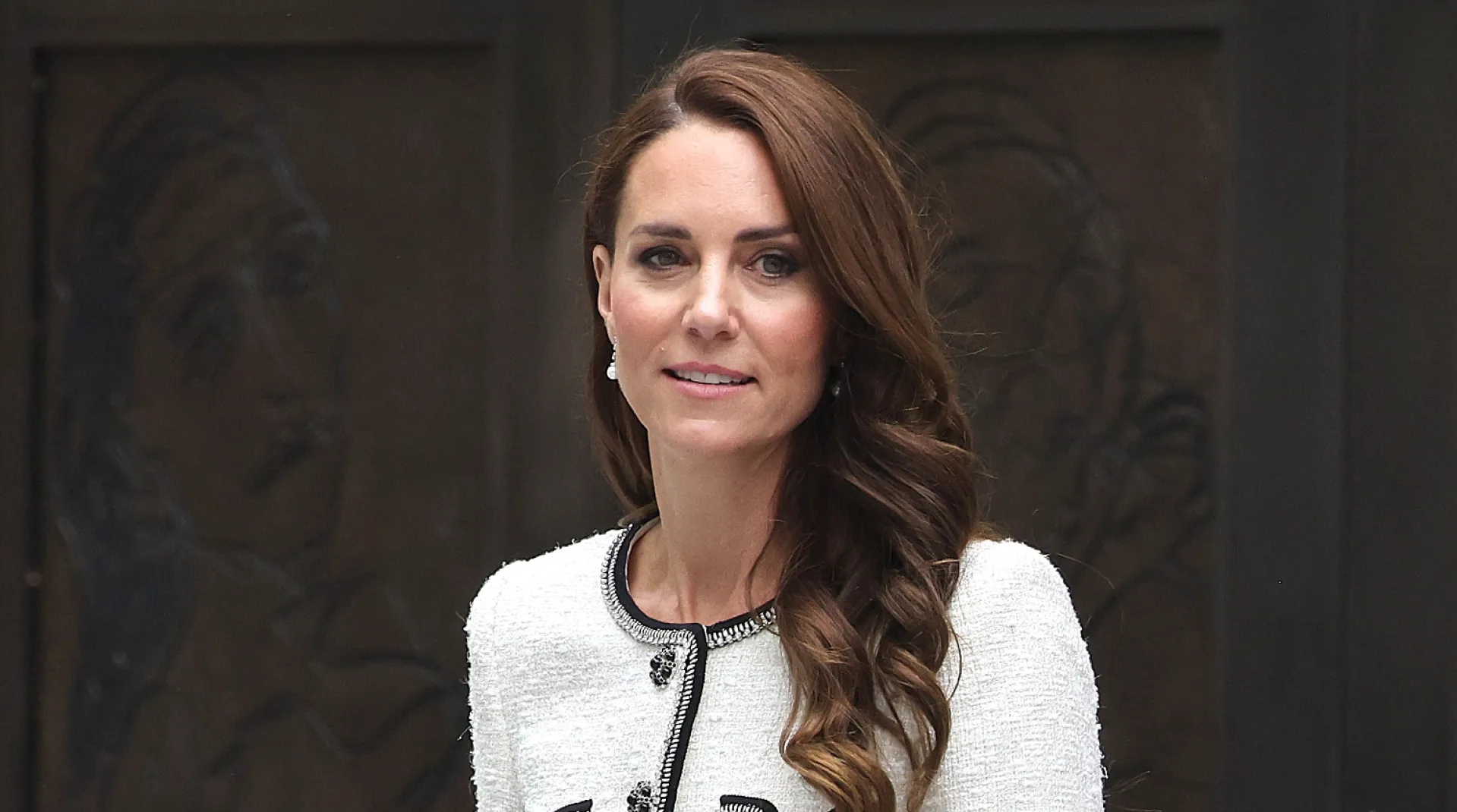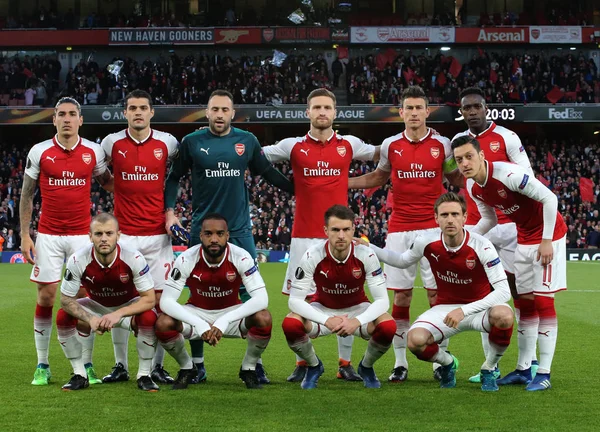Power, Politics, and Platforms: Meta’s Legal Storm and Trump’s Shadow

Meta, the tech empire led by Mark Zuckerberg, is now at the heart of a high-stakes legal battle as the U.S. government intensifies its antitrust case. The company stands accused of monopolizing the social media industry through years of unfair competitive practices. If the court rules in favor of federal prosecutors, Meta could be forced to divest its crown jewels—Instagram and WhatsApp. While the verdict could set a precedent for other tech titans, the looming question remains: will Donald Trump, known for shaking institutional norms, attempt to influence the outcome?
Traditionally, the Federal Trade Commission (FTC)—which is handling the case—has maintained a buffer from political meddling. But during Trump’s second term, this independence has been tested. In the midst of this, Zuckerberg has taken steps to build bridges with Trump, participating in private meetings, reshaping Meta’s platforms, and publicly expressing a desire to partner with the government. In January, he told employees that Meta had a chance to build a “productive partnership” with the U.S. administration—a statement that paralleled news reports of him lobbying Trump over the FTC lawsuit.
Zuckerberg’s apparent attempts to align with Trump haven’t gone unnoticed. Critics such as Robert Reich have pointed to past financial support for Trump’s inauguration as evidence of a strategic alliance now being leveraged for corporate protection. The antitrust suit itself began under Trump’s first term but was initially dismissed. However, the Biden administration revived it with stronger arguments. The trial will be overseen by Judge James Boasberg, who previously ruled against Trump on unrelated legal matters—fueling speculation that political tensions could further complicate the case.
Adding to the legal and political chaos, Trump recently dismissed two Democratic FTC commissioners, a controversial move that clashes with a longstanding Supreme Court ruling prohibiting such firings without cause. The commissioners, Rebecca Slaughter and Alvaro Bedoya, have filed lawsuits seeking reinstatement. They claim the firings reflect a broader effort by Trump to manipulate law enforcement agencies for political gain. Slaughter warned that allowing political bias to influence legal institutions could have serious consequences for public trust and justice.
Interestingly, Trump’s stance on Zuckerberg is anything but consistent. While he has accused Zuckerberg of meddling in the 2020 election and issued threats of imprisonment, he also recently described a cordial dinner with the Meta CEO after the 2024 election. At the same time, Zuckerberg appears to be making efforts to appeal to Trump’s base, revamping Facebook to reflect Trump’s criticisms of content moderation and censorship, and maintaining visibility at events aligned with Trump’s political circles.
With the trial imminent, Meta is shifting its narrative toward global competitiveness. The company argues that dismantling it would harm American innovation and give an edge to foreign rivals like China, particularly in key areas such as artificial intelligence. FTC Chair Andrew Ferguson, appointed by Trump, has signaled his readiness to pursue the case, but also noted he would follow legal directives from the president. This subtle admission leaves the door ajar for potential political interference, underscoring the uncertain path ahead in one of the most consequential antitrust battles in tech history.
What's Your Reaction?
















:format(webp)/cdn.vox-cdn.com/uploads/chorus_image/image/70136881/1347078605.0.jpg)





